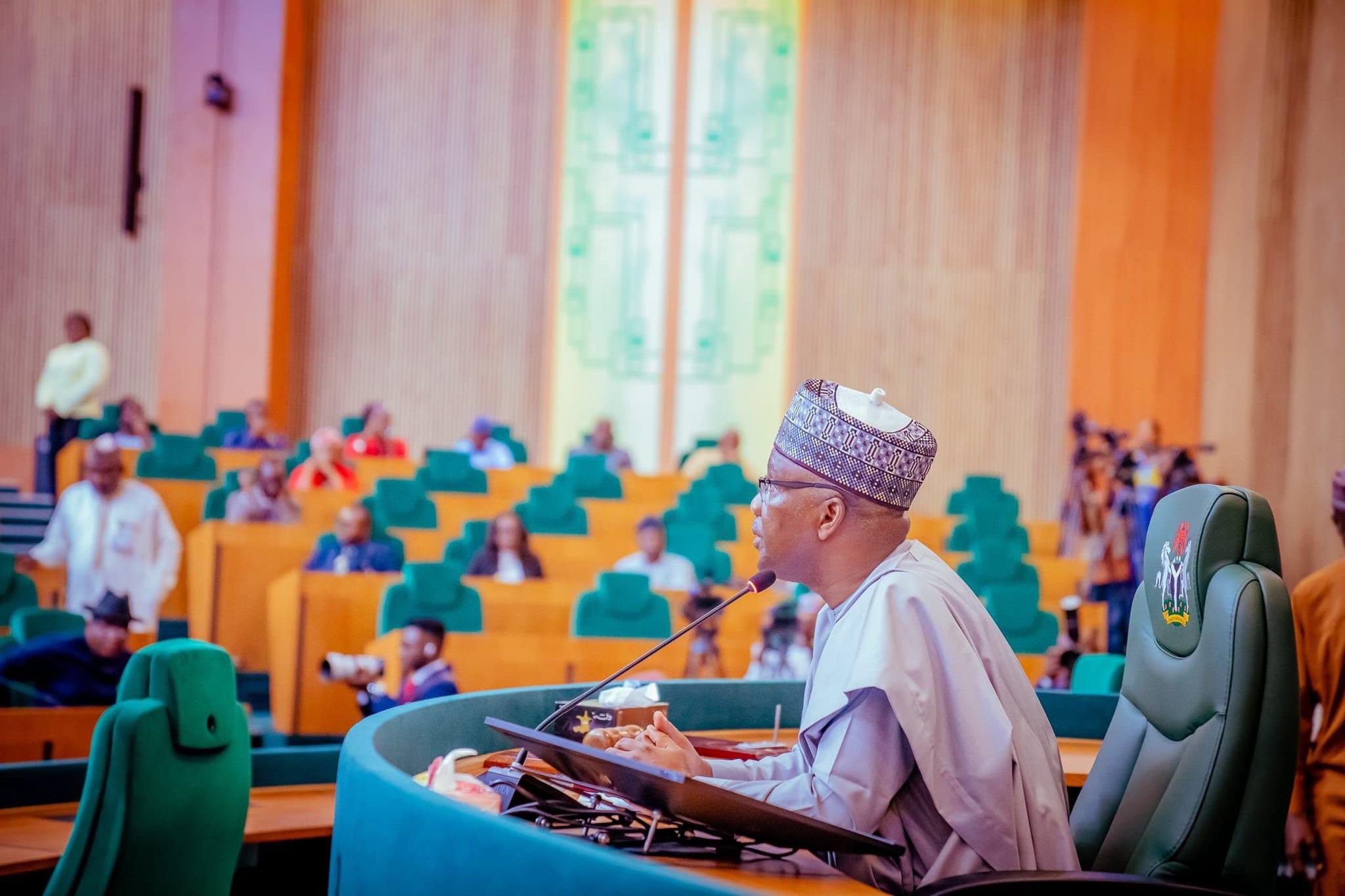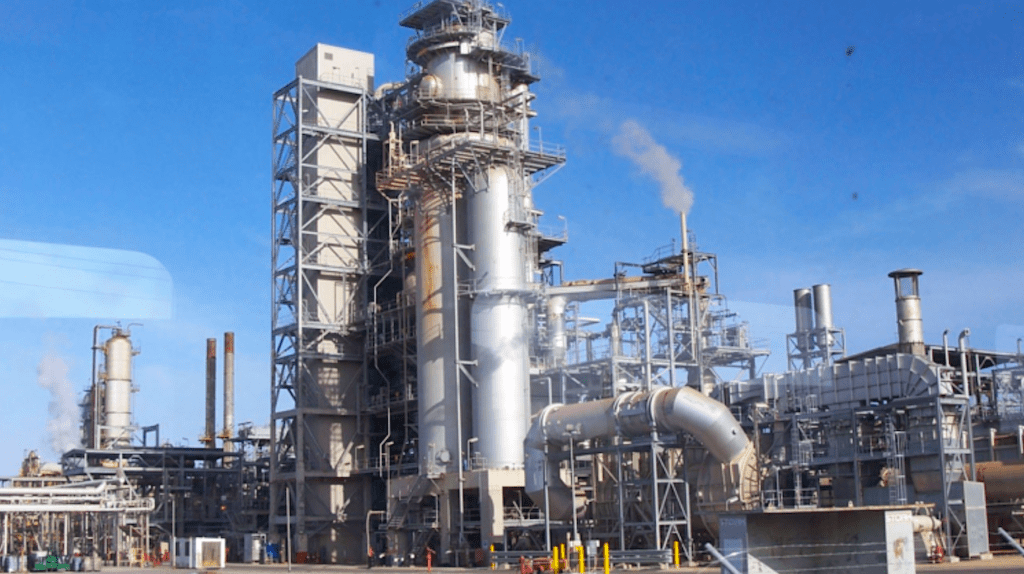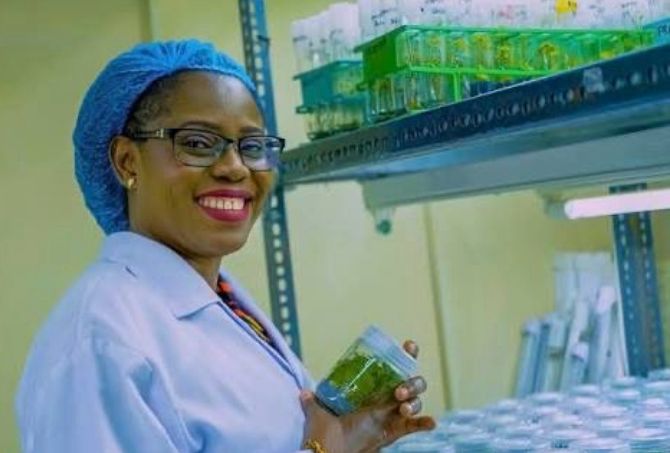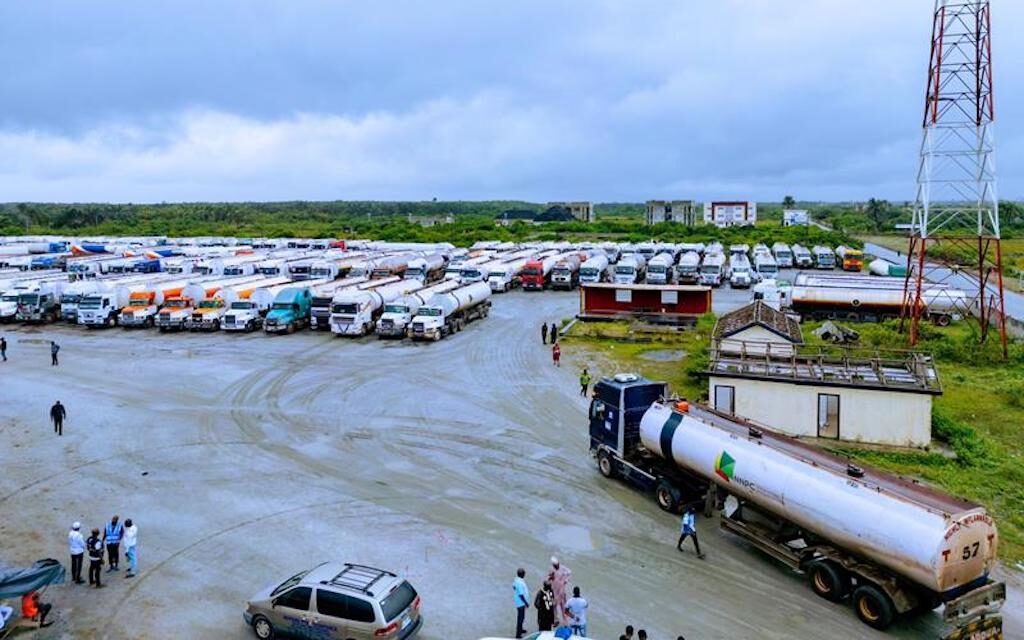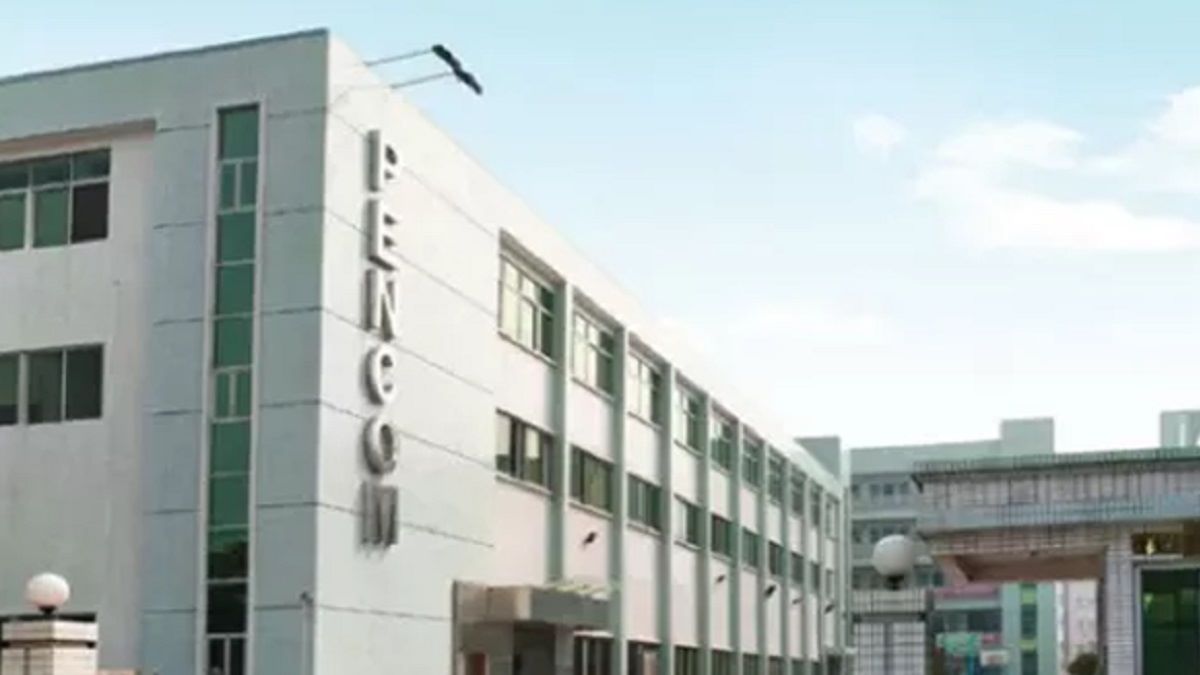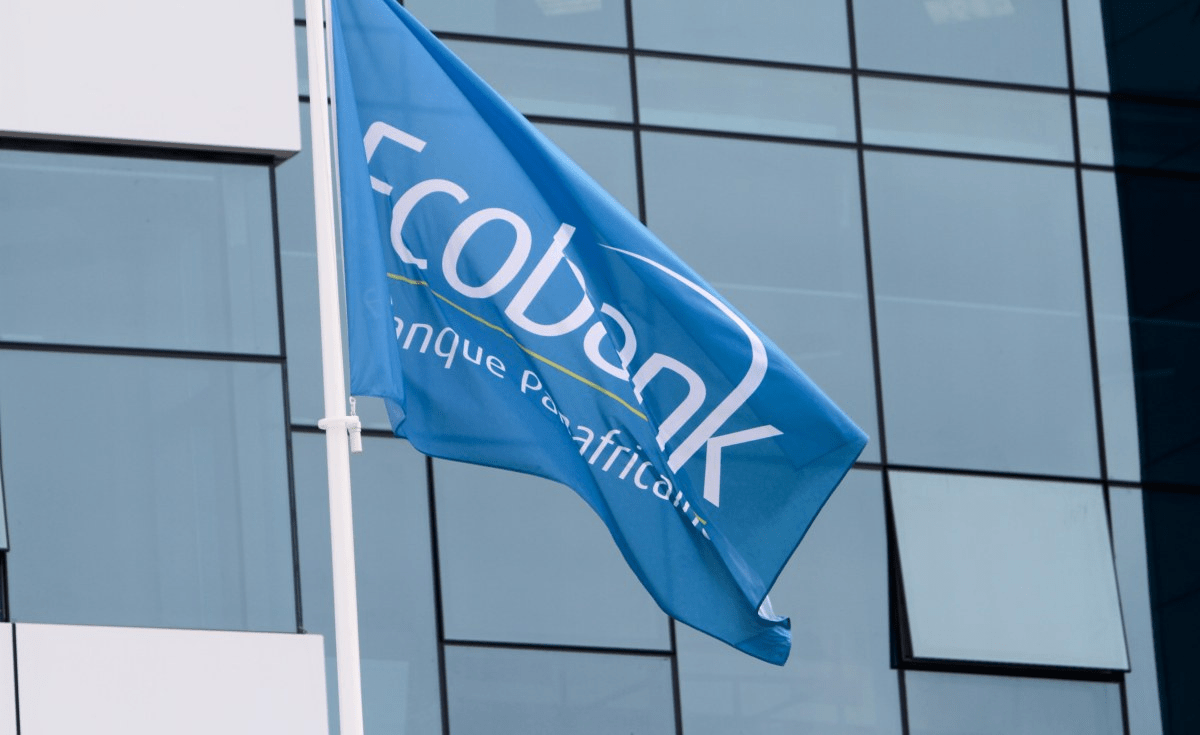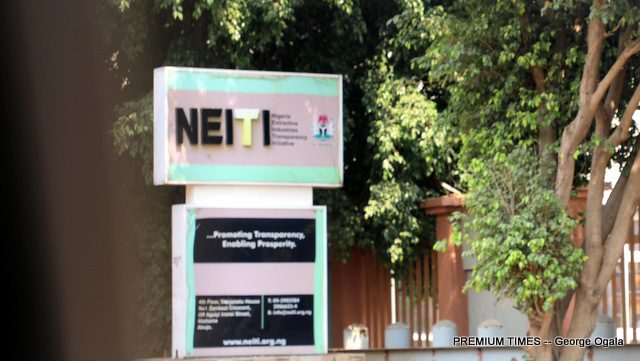•Education minister says FG clearing financial, cultural obstacles to learning
•Nigeria can’t achieve $1tn economy if women are relegated, insists minister
Emmanuel Addeh in Abuja
The Minister of Education, Tunji Alausa, yesterday said the federal government was putting in place policies and programmes to ensure that all barriers to gender inclusion in Nigeria’s education system are removed.
Speaking in Abuja at the Gender and Inclusion Summit 2025 (GS-25) organised by Policy Innovation Centre (PIC), an initiative of the Nigerian Economic Summit Group (NESG), Alausa stressed that the arguably 15 million out-of-school children in the country was unacceptable to the Bola Tinubu administration.
To this end, he stated that the government was taking action to ensure nobody is excluded from getting an education whether due to paucity of funds, insecurity or as a result of cultural barriers.
Alausa listed several ongoing programmes by the federal government, including those focusing on the menstrual health of women; the school feeding programme, which is currently being reworked, reinforcement of security in risk-prone areas, among others.
According to him, there’s currently massive infrastructure revamp in the schools, in collaboration with sub-national governments, explaining that the efforts are already yielding tangible results nationwide.
At the programme themed: “New Voices and New Approaches for Accelerating an Inclusive Society,” Alausa emphasised that the Bola Tinubu administration takes education and gender inclusion seriously, which accounts for why he has the largest female appointees in a long time.
“So we’re tackling the problem from the centre, and we’re beginning to see good results. We’re using data, we’re using technology, and we’re advancing. The President places a lot of emphasis, on women, on girls, and he’s done this before. He did it even when he was governor of Lagos state,” he pointed out.
Alausa, while commending the leadership of PIC for the annual programme, highlighted the cultural and ethnic sensitivity of some of the issues surrounding the out-of-school children phenomenon, stating that consultations were ongoing with sub-national governments to ensure all misconceptions are dealt with.
Also speaking, the Minister of Women Affairs and Social Development, Imaan Sulaiman-Ibrahim, while assuring that the conversations will directly inform policies under the current administration, argued that Nigeria’s ambition of becoming a $1 trillion economy cannot be achieved if women, who represent over 50 per cent of the population, remain consigned to the margins.
“Already, women own 43 per cent of MSMEs in Nigeria, yet only 9 per cent of them have access to formal credit. Women representation in leadership remains below expectation, and girls in rural areas are still twice as likely to be out of secondary school as boys. These, amongst others, are stark reminders of the barriers we must continue to confront. But they are also signals of where the greatest opportunities lie,” she stated.
She highlighted some of the flagship interventions launched by Tinubu, with a range of support that cuts across enhancing women’s participation in the agriculture value chain, clean cooking initiatives, empowerment and skill acquisition programmes, market linkages, and others.
Through the Families First Initiative, she explained that the government was empowering women, protecting children, and supporting vulnerable households to secure the foundation of Nigeria’s national stability.
Earlier, the Chairman of PIC, Udeme Ufot, disclosed that the Gender Summit, now in its fourth edition, has become a central platform for reflection, dialogue, and collaboration and has over the years evolved into a hub where research meets practice.
“This year, at GS-25, we gather under the theme: “New Voices and New Approaches for Accelerating an Inclusive Society.” This theme is both timely and urgent. It reflects the reality that achieving inclusion in Nigeria and indeed across Africa requires us to go beyond business as usual. We must look critically at our approaches, challenge old assumptions, and embrace fresh perspectives,” he affirmed.
Also, Chairman, NESG, Olaniyi Yusuf, said the 2025 summit was different as it acknowledged the limitations of past approaches and embraced the creativity, innovation, and diverse perspectives needed to accelerate progress.
“The global development community reminds us that inclusion is not only a matter of fairness but also of economic survival and sustainability. Across the world, inequality undermines productivity, erodes social cohesion, and weakens governance.
“Women continue to face structural barriers in accessing economic opportunities, young people are burdened by unemployment and underrepresentation, and marginalised groups struggle with systemic exclusion,” he noted.
Some other persons who spoke on the first day of the two-day event were: GS25 Technical Advisory Committee Chair, Hansatu Adegbite; UN Women Country Representative, Beatrice Eyong; Executive Director, PIC, Osasuyi Dirisu, among others.
The post At PIC Summit, Alausa, Sulaiman-Ibrahim, Others Push for Removal of Barriers to Gender Inclusion appeared first on THISDAYLIVE.

